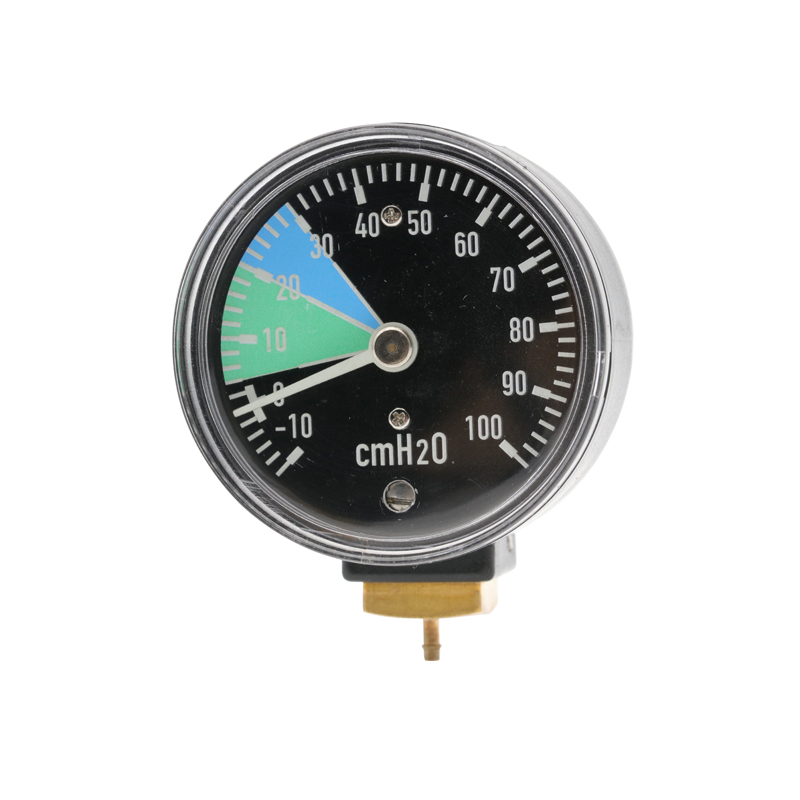
Dec . 09, 2024 15:27 Back to list
digital differential pressure gauge jah
Understanding Digital Differential Pressure Gauges A Comprehensive Overview
In an era where precision measurement is paramount, digital differential pressure gauges have emerged as indispensable tools in various industries. These instruments enable users to accurately monitor pressure differences between two points, which is crucial in applications ranging from HVAC systems to laboratory experiments. This article delves into the significance of digital differential pressure gauges, their operation, applications, and advantages.
What is a Differential Pressure Gauge?
A differential pressure gauge measures the pressure difference between two points in a system, making it an essential instrument for monitoring processes where variations in pressure are critical. Unlike a standard pressure gauge that measures absolute pressure at a single point, a differential pressure gauge provides insights into how these pressures relate to each other, which can be vital for system performance, safety, and efficiency.
How Does a Digital Differential Pressure Gauge Work?
Digital differential pressure gauges utilize advanced sensors and digital displays for precise and straightforward measurements. The process begins with two pressure ports that connect to the points where the pressures need to be measured.
1. Pressure Sensing The gauge employs a differential pressure sensor that detects the pressure in both ports. These sensors often utilize piezoelectric or capacitive technology, which offers high accuracy and fast response times.
2. Data Processing The sensed data is then processed by an internal microprocessor, which calculates the pressure difference between the two points.
3. Digital Display Finally, the calculated value is displayed on a digital screen, providing a clear and easy-to-read measurement. Many modern gauges also offer additional features, such as data logging, alarm settings, and connectivity options for external monitoring.
Applications of Digital Differential Pressure Gauges
Digital differential pressure gauges play a vital role in numerous industries. Here are some key applications
- HVAC Systems In heating, ventilation, and air conditioning (HVAC) systems, maintaining optimal pressure levels is crucial for energy efficiency and comfort. Differential pressure gauges help monitor airflow and filter conditions, ensuring that systems operate effectively.
digital differential pressure gauge jah

- Cleanrooms and Laboratories In environments requiring stringent control over contamination, such as pharmaceutical manufacturing and laboratories, differential pressure gauges are essential. They ensure that the pressure remains stable between controlled areas and outside environments, minimizing the risk of contamination.
- Oil and Gas Industry Monitoring differential pressure in pipelines is crucial to detecting potential leaks, ensuring the integrity of the infrastructure and preventing environmental disasters.
- Water Treatment In water treatment facilities, these gauges help monitor the pressure across filters and membranes, ensuring they function properly and efficiently.
Advantages of Digital Differential Pressure Gauges
The shift from analog to digital differential pressure gauges offers several advantages
- Accuracy Digital gauges provide precise readings with minimal error, which is crucial for sensitive applications.
- Ease of Use Digital displays are more user-friendly compared to analog counterparts. Users can easily read measurements and often access additional features, such as trend analysis.
- Versatility Many digital differential pressure gauges are designed with adjustable settings, making them suitable for various applications, from industrial machinery to delicate laboratory setups.
- Data Logging Some digital units come equipped with data logging capabilities, enabling users to store and analyze historical data for better decision-making.
- Connectivity Advanced models allow for integration with smart systems, facilitating remote monitoring and control, which is increasingly important in today’s automated environments.
Conclusion
Digital differential pressure gauges are vital instruments that enhance operational efficiency, safety, and reliability across numerous industries. Their ability to provide precise pressure measurements has made them a preferred choice over traditional analog gauges. As technology continues to evolve, we can expect even greater advancements in these instruments, further solidifying their role in modern measurement and monitoring applications. Whether in HVAC systems, laboratory settings, or industrial processes, relying on digital differential pressure gauges will lead to better outcomes and streamlined operations. Investing in such technology is not merely a choice but a necessity for organizations aiming for precision in today's competitive landscape.
-
HD Fire Pressure Gauges High Accuracy & Durable Solutions
NewsMay.28,2025
-
Custom Singles Capsule Systems Top Exporters & Factories
NewsMay.28,2025
-
Piston-Style Differential Pressure Gauges Precision & Durability
NewsMay.28,2025
-
WIKA Differential Pressure Gauge 700.04 High-Accuracy Industrial Measurement
NewsMay.28,2025
-
Precision Differential Pressure Gauge Factory Custom Solutions & OEM Services
NewsMay.27,2025
-
Pressure Diaphragm Capsule Elements High-Accuracy & Durable Solutions
NewsMay.27,2025
